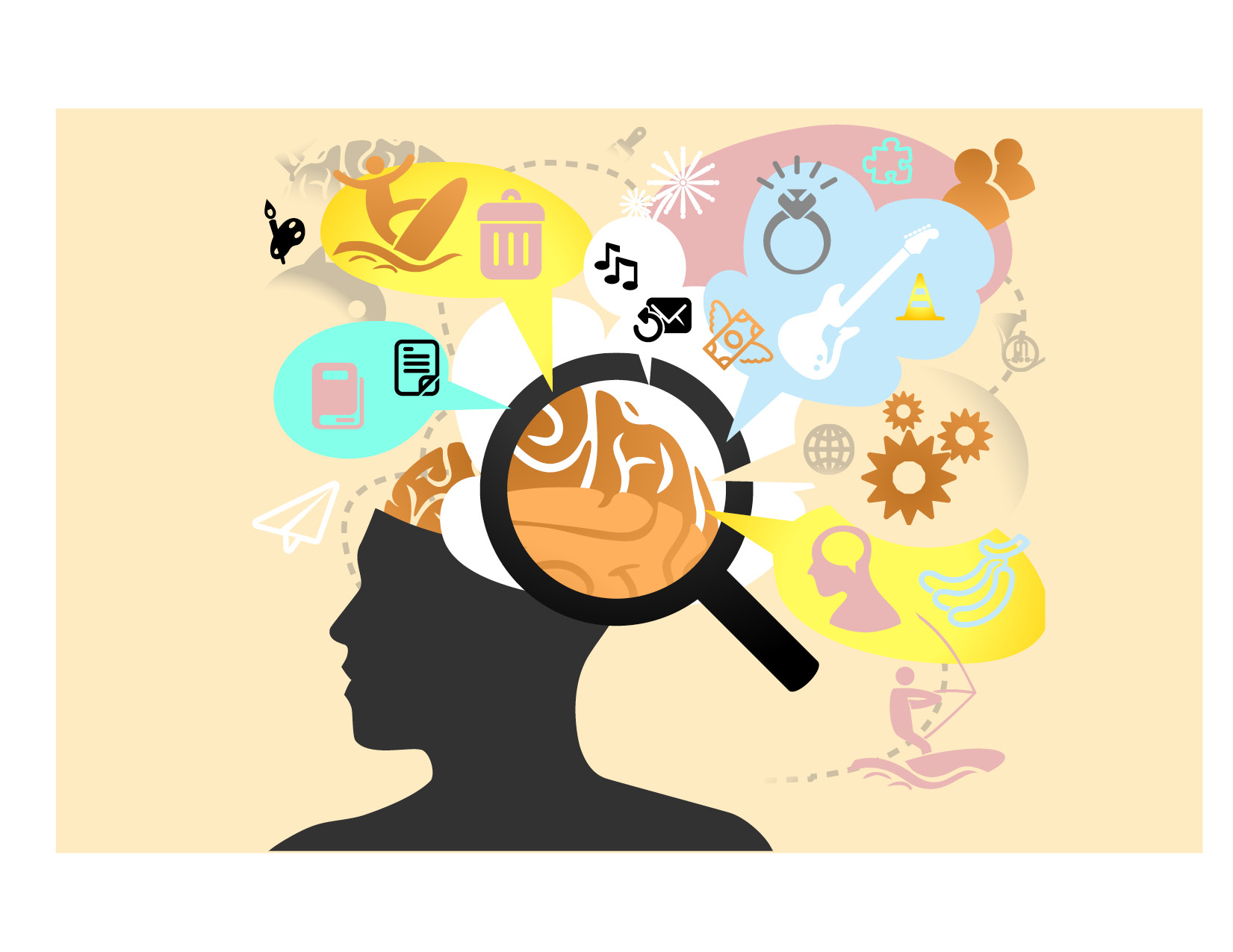Blog Information
- Posted By : payag ca
- Posted On : May 02, 2024
- Views : 123
- Category : General
- Description : Remembering with a Smile | Comedy's Role in Eidetic Memory Enhancement
Overview

In the pursuit of improving memory, various techniques and strategies have been explored. From mnemonic devices to memory palaces, humans have sought ways to enhance their ability to retain and recall information. However, one often overlooked avenue for memory enhancement is comedy. Laughter has long been known to have numerous benefits for both mental and physical health, but its role in improving memory is a topic that warrants further exploration.
The Science of Laughter
Before delving into the relationship between comedy and memory enhancement, it's important to understand the science behind laughter. When we laugh, our brains release endorphins, neurotransmitters that promote feelings of happiness and well-being. This chemical reaction not only improves our mood but also reduces stress and anxiety, which can have a positive impact on cognitive function, including memory.
Comedy and Eidetic Memory Enhancement
While the direct link between comedy and eidetic memory enhancement is still being studied, there is evidence to suggest that laughter can indeed improve memory retention. One theory is that laughter triggers the release of dopamine, a neurotransmitter associated with reward and pleasure. This surge in dopamine may enhance encoding, the process by which information is initially learned and stored in the brain.
The Role of Eidetic Memory
Eidetic memory, also known as photographic memory, is the ability to vividly recall images, sounds, or objects with high precision after only a brief exposure. While rare, individuals with eidetic memory demonstrate extraordinary recall abilities, often recalling details with remarkable accuracy.
Comedy's Impact on Memory Recall
When it comes to memory recall, the emotional context surrounding an event plays a significant role. Comedy, with its ability to evoke positive emotions, may create a favorable environment for memory retrieval. Studies have shown that memories associated with positive emotions are more easily recalled than those linked to negative emotions. Therefore, exposure to humorous stimuli could potentially facilitate the retrieval of stored information, leading to improved memory recall.
Incorporating Humor into Learning
Given the potential benefits of comedy on memory enhancement, educators and learners alike can explore ways to incorporate humor into the learning process. Whether through humorous anecdotes, jokes, or comedic videos, integrating laughter into educational content can make learning more enjoyable and memorable. Additionally, humor can serve as a mnemonic device, helping learners associate information with amusing or absurd scenarios that are easier to recall.
Practical Applications
In various fields, such as education, healthcare, and business, the incorporation of humor can have practical applications beyond mere entertainment. In educational settings, teachers can use humor to engage students, increase participation, and improve information retention. In healthcare settings, humor therapy has been shown to reduce stress and anxiety, leading to better patient outcomes. In the business world, incorporating humor into presentations and meetings can enhance communication, foster creativity, and improve overall workplace morale.
Conclusion
While the relationship between comedy and memory enhancement is still being explored, there is compelling evidence to suggest that laughter can have a positive impact on memory retention and recall. By leveraging the power of humor, individuals can potentially enhance their eidetic memory abilities and improve their overall cognitive function.
Whether through incorporating humor into educational content or embracing laughter as a therapeutic tool, the benefits of comedy on memory enhancement are undeniable. So, the next time you find yourself struggling to remember something, try remembering with a smile.
